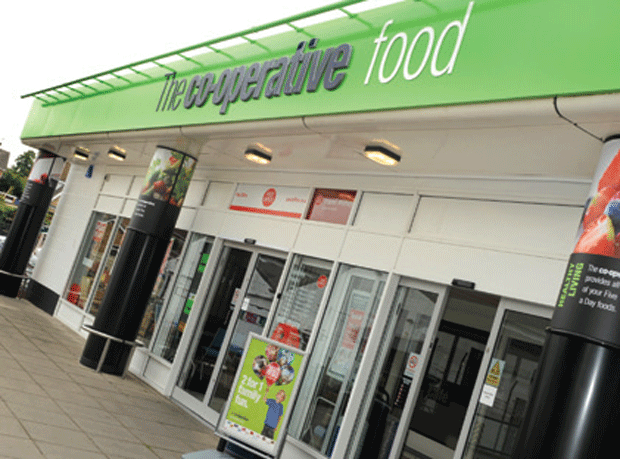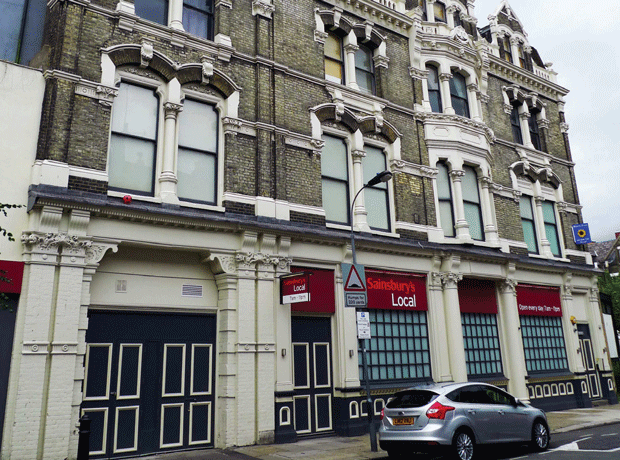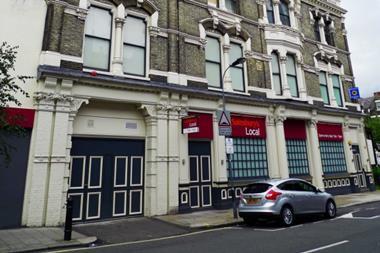Retailers hoping to convert pubs listed as assets of community value (ACVs) into c-stores will soon have to submit a planning application.
At present national permitted development rights enable all pubs to be converted to retail without obstacle, but the government has announced new rules to “increase protections to prevent the loss of those pubs that provide the most community benefit”.
Communities minister Kris Hopkins said: “National permitted development rights are an important part of the planning system; providing flexibility, reducing bureaucracy and allowing the best use to be made of existing buildings.
“However, the passion for community pubs as demonstrated by the significant numbers listed as Assets of Community Value highlights the need to enable local communities to consider planning applications for the change of use of a pub of particular local value.”
As a result the government will bring forward secondary legislation “at the earliest opportunity” so that a planning application will be required in England for the change of use or demolition of a pub which is listed as an ACV.
“This then provides an opportunity for local people to comment, and enables the local planning authority to determine the application in accordance with its local plan, any neighbourhood plan, and national policy,” Hopkins said.
The Cooperative Group recently signed off a deal to open 63 new c-stores on existing or former Marston pub sites.
But a number of independent retailers have warned of the threat of the growing number of pub sites being converted into c-stores by the multiples. Some retailers have bought disused pubs to prevent the mults from getting there first.
Association of Convenience Stores chief executive James Lowman said: “It is important that communities have the right to designate assets of community value like pubs and local shops but this should not act as block to new developments.
“The flexibility that exists in the use class system is important to meet changing needs of consumers and ensure that properties do not stay empty for long periods.”


















No comments yet